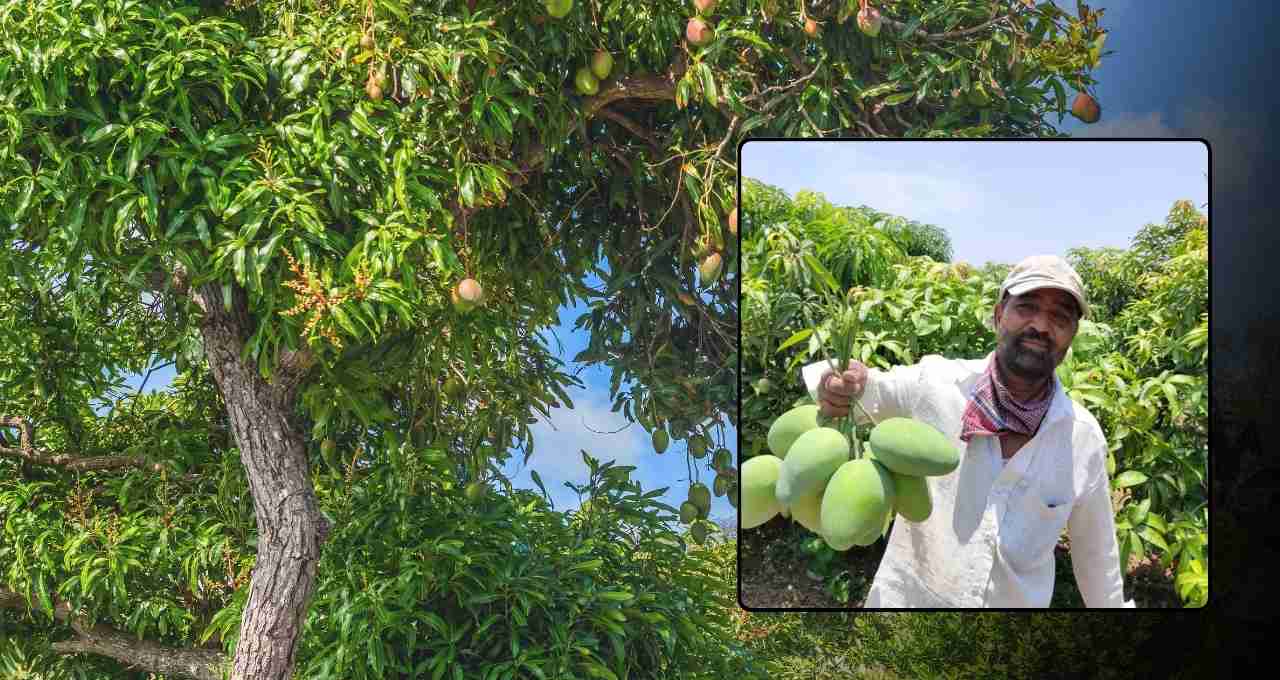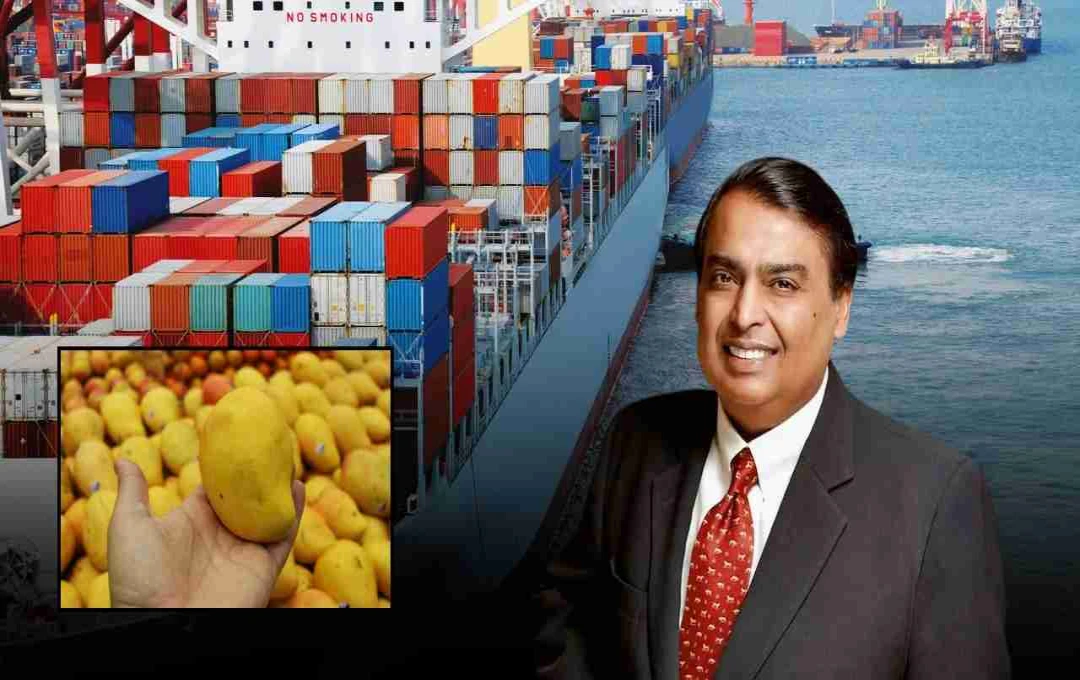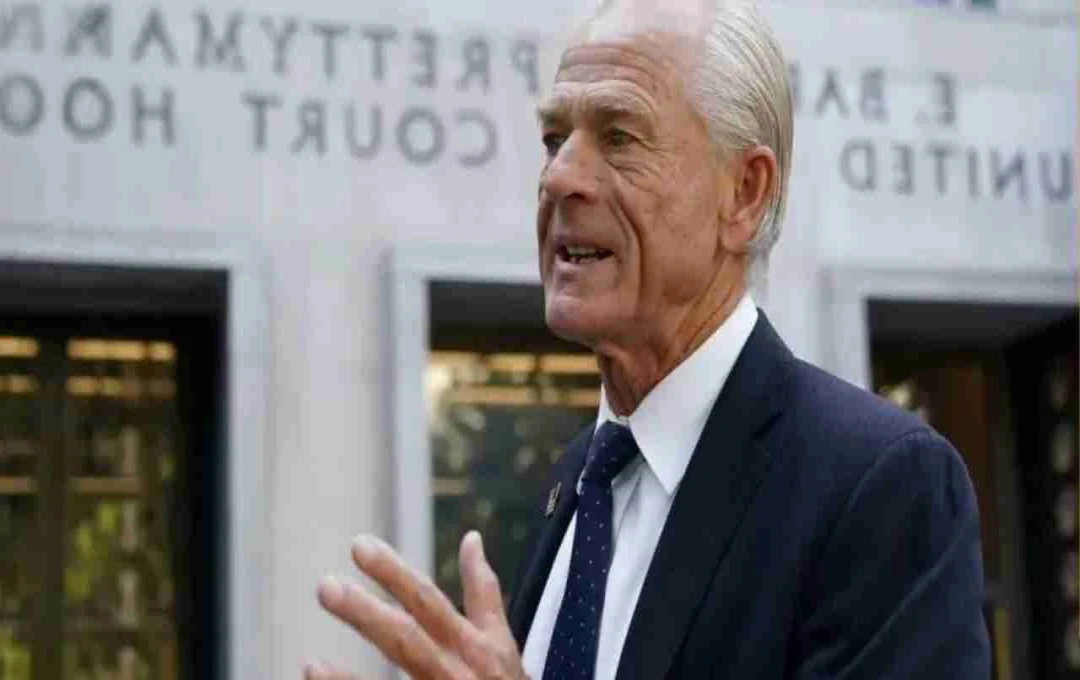India is the world's largest mango producer, yet ranks only fourth in exports. Annually, India produces approximately 26 million tons of mangoes, but only 0.13% reaches international markets.
Business: Several factors contribute to this imbalance between mango production and export in India: poor cold chain infrastructure, small and unorganized farms, complex government regulations, and the production of varieties less suitable for export. However, a large agricultural project by Reliance Industries Chairman Mukesh Ambani offers hope for a change.
India produces approximately 26 million tons of mangoes annually, but only 0.13% reaches international markets. In comparison, Mexico, which produces significantly less than India, exports 22.5% of its mangoes, generating $575 million (approximately ₹4,800 crore).
What is the ‘Aamnagar’ Project?
Reliance Industries has launched a massive mango production project called 'Aamnagar' in Jamnagar, Gujarat. This project spans 600 acres and features over 130,000 mango trees. Notably, it cultivates over 200 mango varieties—including not only Indian varieties but also those popular in global markets.
Reliance is employing cutting-edge technology, scientific management, and an integrated supply chain in this project. The company aims not only to produce high-quality mangoes in India but also to establish them as a b brand in international markets.

Why India Lags Behind?
A report by FinFlo, an agri-data company, highlights significant challenges facing India's mango industry:
- Lack of Cold Chain: The infrastructure to maintain the correct temperature from farm to market is extremely limited, leading to approximately 40% mango spoilage.
- Small and Unorganized Farms: Farmers produce individually, making quality control and standardization difficult.
- Government Regulations and Procedures: Export-related regulations are complex, hindering participation by small farmers.
- Variety Inconsistency: Traditional Indian varieties (like Dashehari, Langra, Hapus) do not meet the demands of foreign markets, where varieties like 'Tommy Atkins', 'Kent', and 'Ataulfo' are more popular.
How Ambani Can Change the Scene?
According to FinFlo's report, Ambani's 'Aamnagar' project could revolutionize India's mango industry, similar to Jio's impact on the telecom sector. Reliance has not only implemented scientific production methods but also controls post-harvest management, storage, packaging, and export channels.
By centralizing this entire process, Ambani has created a model that not only increases production but also ensures internationally standardized quality. This could make India a major player in the global mango market.
What India Can Learn from Mexico?

Mexico's success is not accidental. The Mexican government has:
- Promoted new mango varieties
- Simplified agricultural export regulations through agencies like SENASICA
- Modernized the supply chain
- Provided technical and financial assistance to farmers
- If India adopts a similar strategy—simplified regulations, better technology, focused production, and marketing—it can become a global leader in mangoes.
Future Direction and Opportunities
Global demand for mangoes is rapidly increasing. It is estimated that global mango demand could reach 65 million tons by 2025. India has a significant opportunity, but this requires nationwide adoption of initiatives like the 'Aamnagar' model. If Reliance's model proves successful, it could connect thousands of Indian farmers, organize the agricultural sector, and make India the number one mango exporter.















